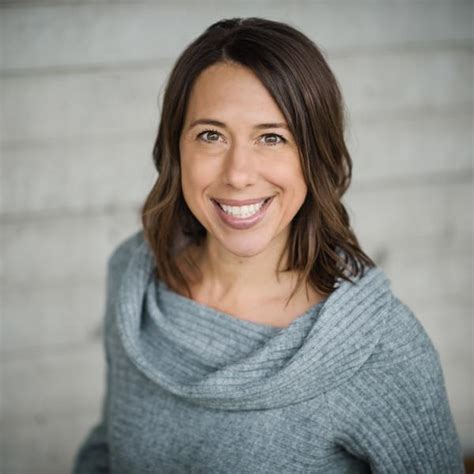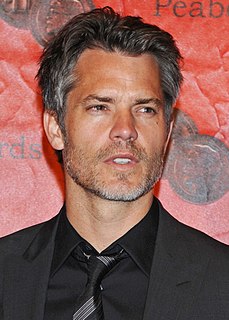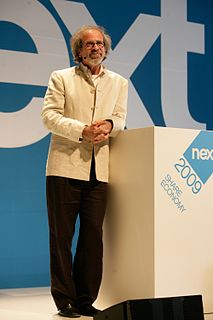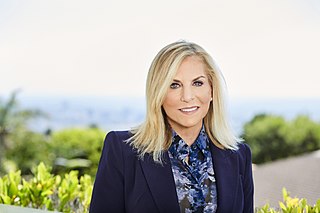A Quote by Alan Bradley
TV and film taught me to think cinematically. Teaching others to edit, for example, provides a great deal of insight into the millions of ways in which given elements can be put together to tell a story.
Related Quotes
Sometime during the 1990s, when I was teaching philosophy at UCSD, my friend, colleague, and music teacher, Carol Plantamura, discussed the possibility of teaching a course together looking at ways in which various literary works (plays, stories, novels) had been treated as operas, and how different themes emerged in the opera and in its original. One of the pairings we planned to use was Mann's great novella and Britten's opera. Unfortunately, the course was never taught, but the idea remained with me.
What's neat about TV is you get really rich, an opportunity to tell really rich stories over the course of 20 hours. Film is cool because it's an hour and a half to two hours. You go on an adventure and by the end it's all cleaned up. Maybe in a franchise you have three chapters of a great story but in TV you can really get deep. You have more time to tell stories so I would definitely not rule out doing television in the future because I think it's a great medium for telling stories.
What's interesting in scripted TV is different than what's interesting in reality TV. Each of their departments have their development process where they package things and put together the writers and put together the producers and the different elements and develop the projects. By the time you get to a network or to a studio, you're able to say this is the project, here's who the producer is, sometimes even here's who the star is, here's who the writer is. It's a well-developed project by the time it gets to the studios.






































